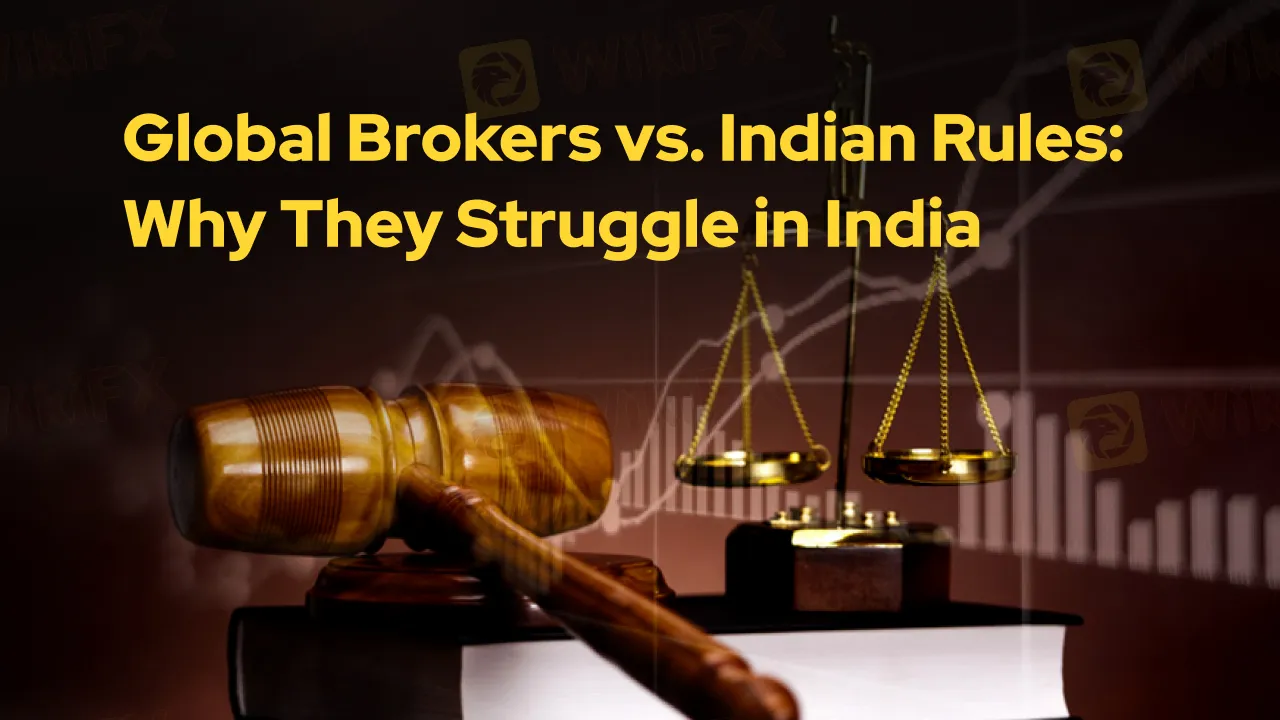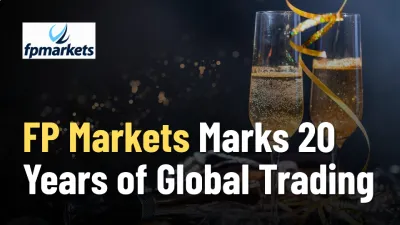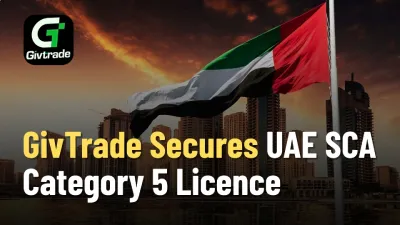Abstract:RBI issued a warning last year against 75 forex brokers. Those brokers are globally popular and regulated in other countries, but they are banned in India. Only few brokers even have physical offices located in India. So, why do global brokers face so many challenges in entering the Indian market?

The Central Bank of India, a (RBI) issued a warning last year against 75 forex brokers. Those brokers are globally popular and regulated in other countries, but they are banned in India. Only few brokers even have physical offices located in India. So, why do global brokers face so many challenges in entering the Indian market?
1. Strict Regulatory Framework
Indias financial markets are governed by the Securities and Exchange Board of India (SEBI), which enforces tight rules to protect retail investors. Only SEBI-registered entities can legally offer investment or trading services. Most international brokers are not registered with SEBI, making their operations in India non-compliant.

2. Restrictions on Forex Trading
The Reserve Bank of India (RBI) allows forex trading only in currency pairs involving the Indian Rupee (INR) and only through recognized Indian exchanges (like NSE or BSE). International brokers offering global currency pairs (like EUR/USD or GBP/JPY) are technically offering services outside RBIs legal scope for Indian residents.
3. Banking & Payment Barriers
Indian banks are required to report and restrict forex-related payments to unregulated offshore entities. This makes it difficult for traders to deposit or withdraw funds from international platforms using standard payment methods.

4. Legal Risks for Traders and Brokers
Indian residents using unauthorized platforms risk violating FEMA (Foreign Exchange Management Act) rules. Likewise, brokers operating without SEBI approval may face legal action or blocking by Indian authorities.
5. Regulatory Conflict
Even if a broker is regulated in top-tier jurisdictions like the UK (FCA), Australia (ASIC), or Cyprus (CySEC), that license does not apply in India. The Indian government does not recognize foreign regulation for local operation.
6. Blacklist of RBI
The RBI has publicly warned against dozens of foreign brokers and listed them as unapproved. This discourages investors and damages the broker's reputation in the Indian market.
Stay Updated—Join WikiFX India Community
Want to stay informed about the latest Forex trends, news, and learning opportunities? Join our Telegram community: WikiFX India. We focus solely on educational updates, market insights, and verified promotional alerts. This telegram group does not provide investment advice, financial signals, or trading recommendations.
Please note: This article is for informational purposes only and does not constitute financial advice.












